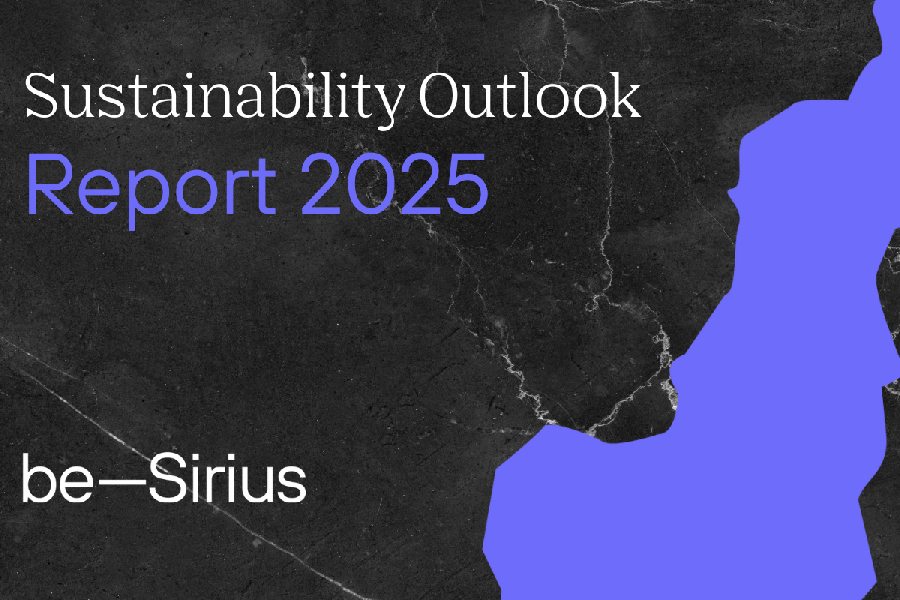beSirius has released its Sustainability Outlook 2025 report, revealing how AI and automation are transforming sustainability from a compliance obligation into a driver of operational performance across metals, mining, and industrial sectors.
The report shows that sustainability teams still spend up to 90% of their time on reporting and data collection, leaving little capacity for strategic work. As new regulations such as CSRD, CSDDD, and CBAM multiply, this imbalance is becoming a barrier to business value.
The report identifies four forces redefining corporate sustainability in 2025: regulatory volatility, disclosure overload, budget scrutiny, and widespread AI adoption. These pressures are forcing teams to prove measurable outcomes while working faster and with fewer resources.
Drawing on cross-sector implementation data from beSirius, the report shows how AI-led operating models can reduce time spent on repetitive tasks by 60–80%, delivering €150K–€500K in annual savings and enabling real-time decision-making. By linking sustainability data directly to finance, procurement, and production systems, leading companies are turning ESG from a reporting exercise into a performance engine.
For the metals and green steel sectors, this transformation is particularly significant. The ability to automate compliance, accelerate disclosure, and connect sustainability metrics to commercial performance is becoming a key differentiator in securing low-carbon contracts, financing, and supply chain resilience.

